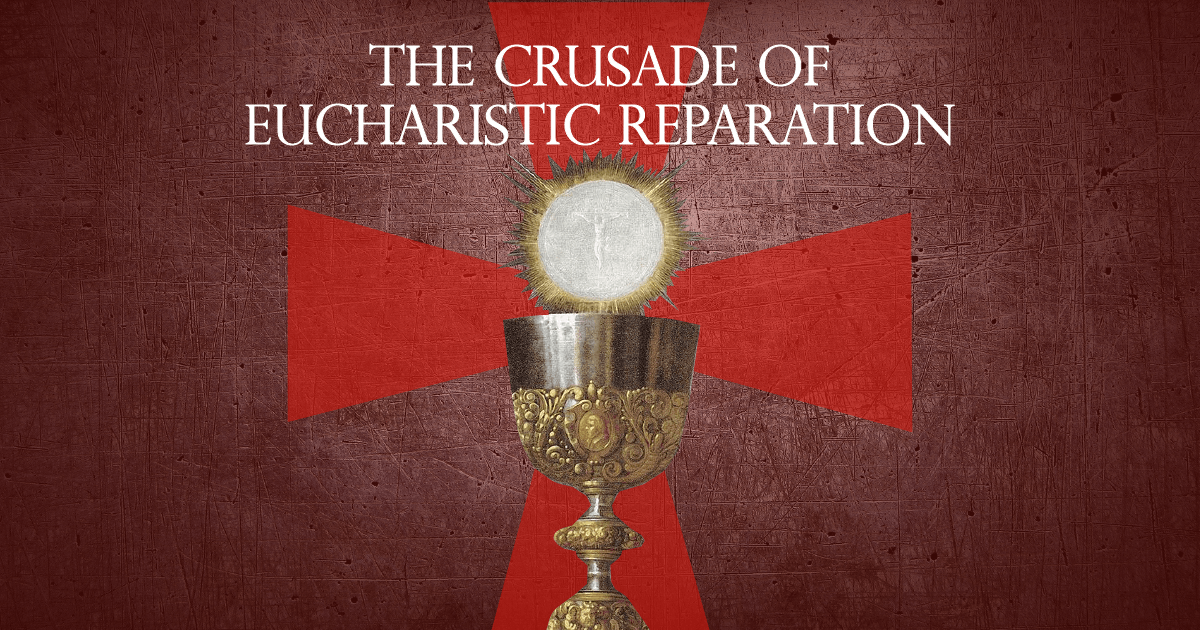Regicide revisited: Ronald Hutton on his new book about Oliver Cromwell
Oliver Cromwell is, unequivocally, a modern British hero: in the 2000 BBC poll to find the greatest Brit of the past millennium, he came in third, behind Churchill and Shakespeare but ahead of any king. His life is exceptionally well recorded, so that more of his words survive than those of any other ruler of The post Regicide revisited: Ronald Hutton on his new book about Oliver Cromwell appeared first on Catholic Herald.

Oliver Cromwell is, unequivocally, a modern British hero: in the 2000 BBC poll to find the greatest Brit of the past millennium, he came in third, behind Churchill and Shakespeare but ahead of any king. His life is exceptionally well recorded, so that more of his words survive than those of any other ruler of Britain before Queen Victoria. Unsurprisingly, therefore, he is also very well studied, with five full-length biographies of him by respected scholars published since 1990, as well as hundreds of books, articles and chapters concerned with aspects of his career or events in which he played a part.
Ever since the modern British preoccupation with Cromwell began in the 1840s he has been made the exemplar of the muscular Protestant Christian gentleman: devout, modest, patriotic, democratic, thoughtful, decent, and a superb soldier and politician. He is the exemplary meritocrat, rising from respectable but obscure origins to supreme power by his own efforts, aided by Providence, and then refusing to wield that power arbitrarily.
This being the case, it is remarkable that his current two biographers resoundingly fail to represent his own ideology of committed and militaristic evangelical Protestantism. One is John Morrill, a Catholic whose religious forebears Cromwell condemned. Morrill nonetheless remains an admirer, seeing him as a fellow devoted Christian and arguing that he was less hostile to Catholics than has been thought. I am the other, having published the first part of a three-volume study in 2021 and the second one last month (taking the story to 1653). I do not have even Morrill’s common ground with our subject, as I have never professed a belief in any of the world religions, including Christianity, while maintaining an affection for all (which is why I have written regularly for this magazine).
So how have I been able to bear living with Cromwell for years at a time, when he and I have so little in common? One immediate answer is that biographers do not have to like their subjects in order to find working on them interesting and to achieve valuable results. Thirty-five years ago I published a full-length life of King Charles II, whom I had initially expected to be a kindred spirit but whom I ended up unable to respect, let alone like, much. In Cromwell’s case I had no such illusions from the start.
The reason for this was that in my preceding studies of the period I had been concerned primarily with his opponents, especially the royalists but also former members of his own party during the Civil War who had become alienated by his actions thereafter. There had always been a discrepancy between Cromwell’s representations of himself, on which modern biographers had relied, and portraits of him by his contemporaries, who saw an ambitious and duplicitous careerist.
My work as biographer has been to explain the difference, and I believe that I have demonstrated that he was indeed a ruthless, wily and deceitful operator, who used and discarded people, manipulated the truth and annihilated irreconcilable opponents, to pursue fame and power with the conviction that this was what his God wanted. I found this fascinating work, in the manner of a modern journalist exposing a shady public figure (and indeed I operated as a journalist in my youth).
At the same time, there was much about Cromwell that still impressed me. He was beyond doubt an absolutely superb politician and soldier, blending caution and aggression, expertly manipulating people, logistics and propaganda, inspiring followers, building teams and swaying audiences, striving patiently to build support and forge alliances, and having a perfect sense of both timing and the art of the possible. Exposing his working methods more clearly than before only made these skills more obvious. At times I even found myself defending him against popular myths, most dramatically in Ireland, where modern popular memory has accused him of slaughtering the entire population of the large town of Drogheda, including the women and children. What happened was quite dreadful enough, the killing of almost the entire garrison (around 3,000 men) on his orders, but most of the civilian population survived.
The experience of living with him is therefore exciting and satisfying rather than unsettling. If my portrait of him as ruthless and devious as well as talented and charismatic is correct, then I have made the first major revision in his historical image for almost 200 years. In doing so, I hope also to have made him more complex, well-rounded and (therefore) interesting.
If his religious beliefs and attitudes are utterly different from mine, then that provides me with the satisfaction that historians share with actors and anthropologists, of entering into the mentality of an initially alien kind of person. I confess that I began my sustained work on him by wondering if I would find it too onerous and him too incompatible for me to persevere. Instead I have found it thrilling.
Prof Ronald Hutton CBE teaches History at the University of Bristol
This article appears in the September 2024 edition of the Catholic Herald. To subscribe to our award-winning, thought-provoking magazine and have independent and high-calibre counter-cultural and orthodox Catholic journalism delivered to your door anywhere in the world click HERE.
![]()
The post Regicide revisited: Ronald Hutton on his new book about Oliver Cromwell appeared first on Catholic Herald.














